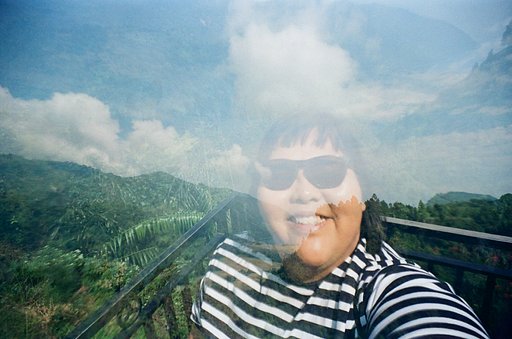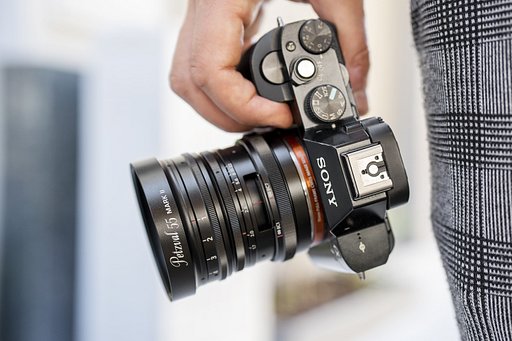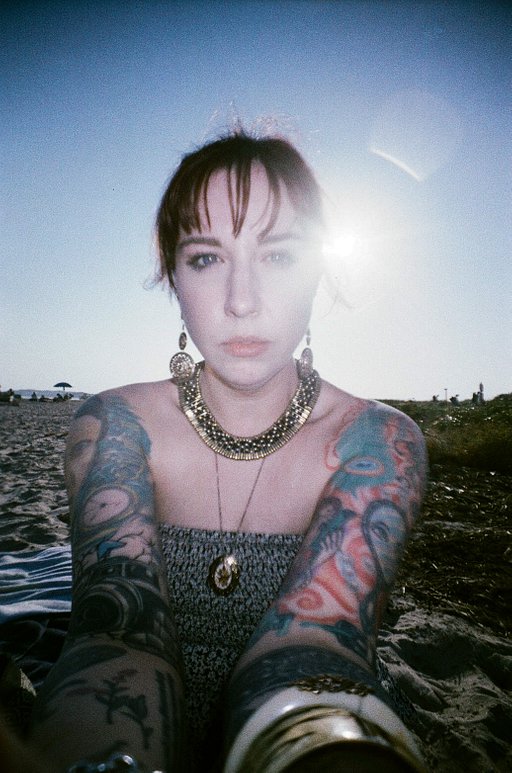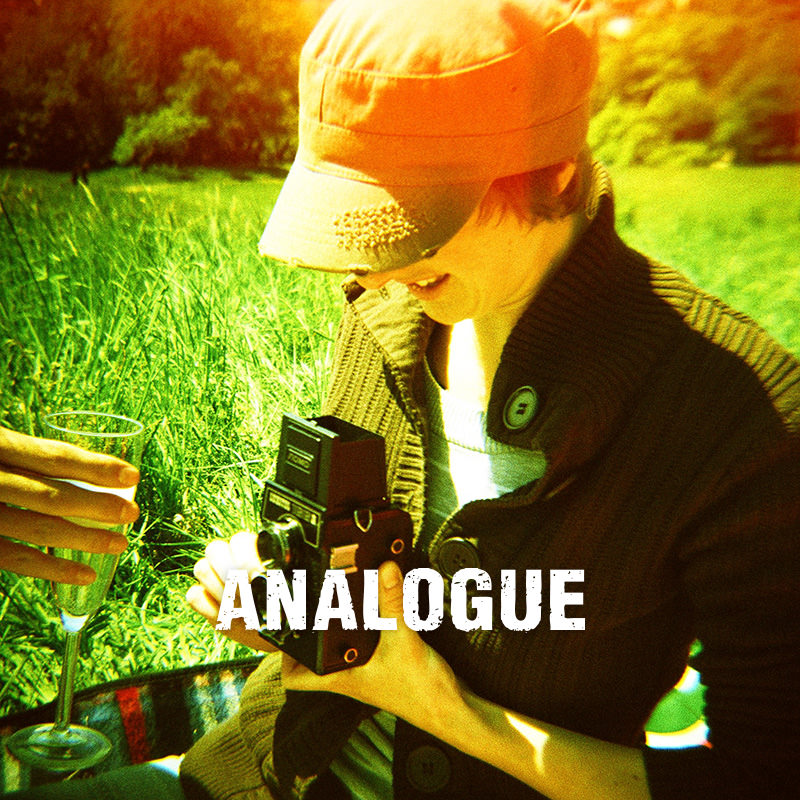Aletheia Casey Talks About Life and Motherhood in Analogue Shots
3 11 Share TweetPhotographs are helpful visuals that allow the viewer to see past, present, and future. Photographer Aletheia Casey uses her personal history to narrate her story of motherhood, using symbolism and her own mother as the protagonist of her journey. The work reflects Aletheia's own emotions and experiences, shot in places that she calls 'home'.

Hi Aletheia! Welcome back to Lomography Magazine! Firstly, how's a photographer's life nowadays?
So far 2018 has been going well — lots of interesting things happening in the photographic world so I’ve been enjoying seeing a lot of fascinating work from other photographers and also producing a lot of my own, which has been nice.
Your series All About My Mother is so intriguing. What's it like to share your personal life and experience through photography?
For me photography is personal, and being able to photograph what is important to me is one of the things that I love most about the medium. My family is the most important part of my life — they are my history, my blood, and they have influenced and helped form my identity. These themes are reoccurring through my work so it feels natural to photograph my family and in turn share these images.
When you put out your art out there, you're also putting your real self on the front of the audience. Does being a photographer help you become 'freer'?
Photography feels like a need to me — something which I have to do to feel content in life. Photography for me is a form of escape, and yet also a form of staying present, and remaining within the moment. My ongoing series on my family keeps me connected to them, to the places where I feel I belong, and to my history which I now feel removed from (as I live abroad). I’ve lived half of my adult life away from Australia, and therefore away from my family and it’s this sense of displacement that drives the work — I’m always searching for Home, a place that seems removed from my present.
I actually don’t photograph for an audience — I photograph to explore issues or themes that are important to me, and so I don’t really spend too long considering the audience. If the image feels right to me, then hopefully others will also see value in that and have some kind of understanding of what I'm trying to show in my images. Photography definitely keeps me grounded, it keeps me attached to a place, and to people, and by being attached to things that matter to me it does contribute to a definite kind of freedom.
Family is an important theme in your series — may you share with us your fondest experience with your family that you photographed? What're your favorite shots of your mother?
My favorite photograph of my mother is the image of her sitting in an armchair, in Hill End, a tiny town in rural New South Wales (Australia) when I was on a recent Artists' Residency. She is sitting with her eyes closed and seems to me to have a form of serenity and peace about her. My mother is incredibly active, and so to see her in a moment of stillness feels special to me. I think also by that stage she was so tired of being photographed that she really wasn’t bothered anymore by the camera and so had completely relaxed into the experience. I also love that particular photograph because my mother and I had spent several days on the Hill End Artists' Residency together and we were having such a wonderful time (just the two of us) in this tiny little artists' retreat and so, of course, the memory of this special time is also in my mind whenever I look at that image.
Photographing people you love is a really difficult task though — because you are so connected to your own idea of who they are and how you should represent them that it's incredibly difficult to represent them in a way which satisfies you. And then, of course, it’s a difficult task to edit the images, as the emotional connection can almost interfere in an overbearing way.
How do you balance the life of being a mom and a photographer?
It’s a struggle! I do my photographic work when my son is at pre-school in the mornings, and then again often after he has gone to bed in the evening. I have a very supportive partner which helps, but between my personal work, commissions, mothering, and other work it is definitely a challenge.
What's a day in the life of Aletheia Casey when she's not being a photographer?
Well, I’m afraid it’s not all that glamorous! It depends where we are, but in London, either my partner or I drop our son off at pre-school, then I’ll try to fit in a quick run, afterward, I'll either go and work on a commission or prepare my work for exhibitions, write grants, proposals etc. The amount of work I want to get through always far outweighs the time I have to do it! I spend the afternoons and early evenings with my son, then after he is in bed I usually either work again or try to make it to a photography related exhibition opening or event. I think for me the best thing about living in London is being able to get to so many events and exhibitions. When we are in Australia (two months of the year) I photograph every evening, while my partner or parents are with our son. In Australia, I only ever photograph in the evening light, just before the sun disappears — in that mysterious beautiful light that is full of warmth and depth.
What are you working on right now?
I guess my downtime would be when I’m on holidays — we either go back to Australia, which is when I do most of my personal work, or we go to Italy where my partner is from. I do have a few projects which I’m working on, one is the Family project which is ongoing, and the other is a body of work which is looking at the violence of the frontier wars in the early days of colonization in Australia and the way our historical narrative has disregarded these conflicts. The work looks at identity and belonging and considers what happens to a community when this sense of belonging is stolen away. The work considers the way history has been told, and how the myth of our historical narrative has had ongoing repercussions throughout communities. I’m finding it a fascinating (and tragic) topic, and hope to finish the next chapter of the work by 2020.
Visit Aletheia's website for more of her works.
2018-06-17 #culture #portrait-photography #documentary-photography #aletheia-casey






























3 Comments